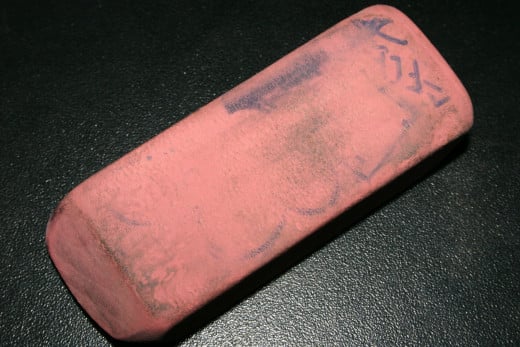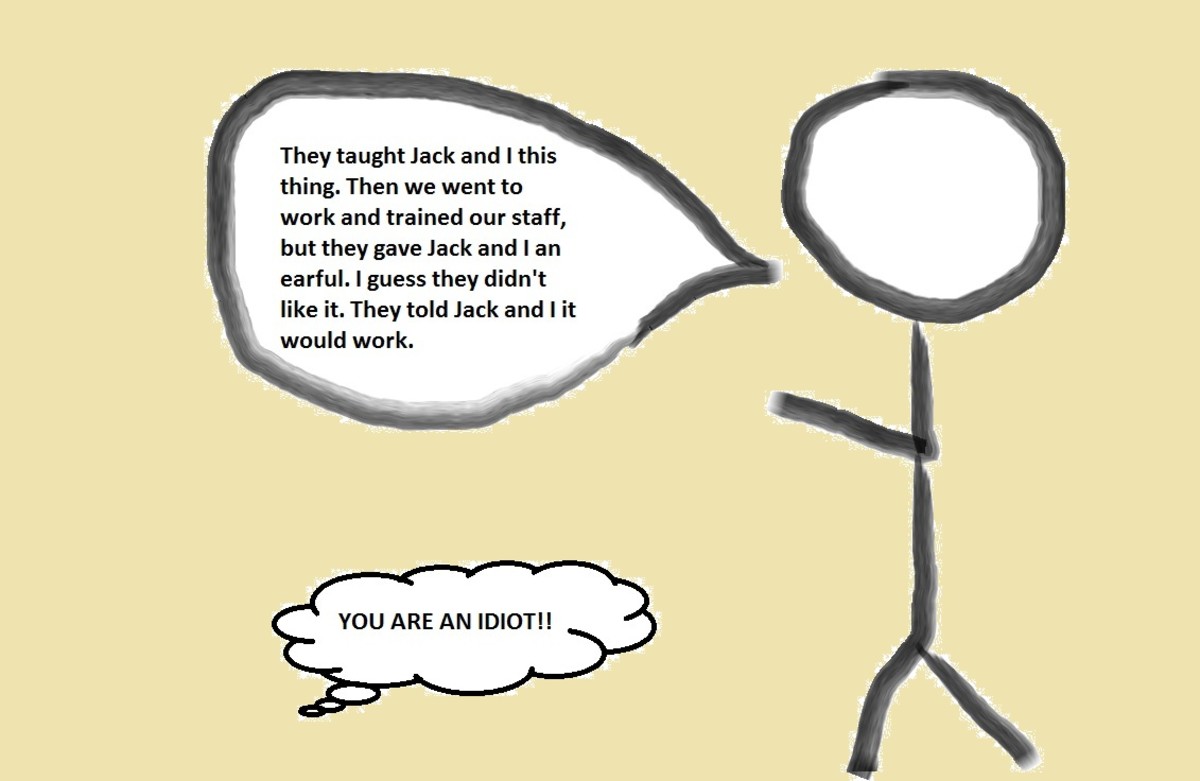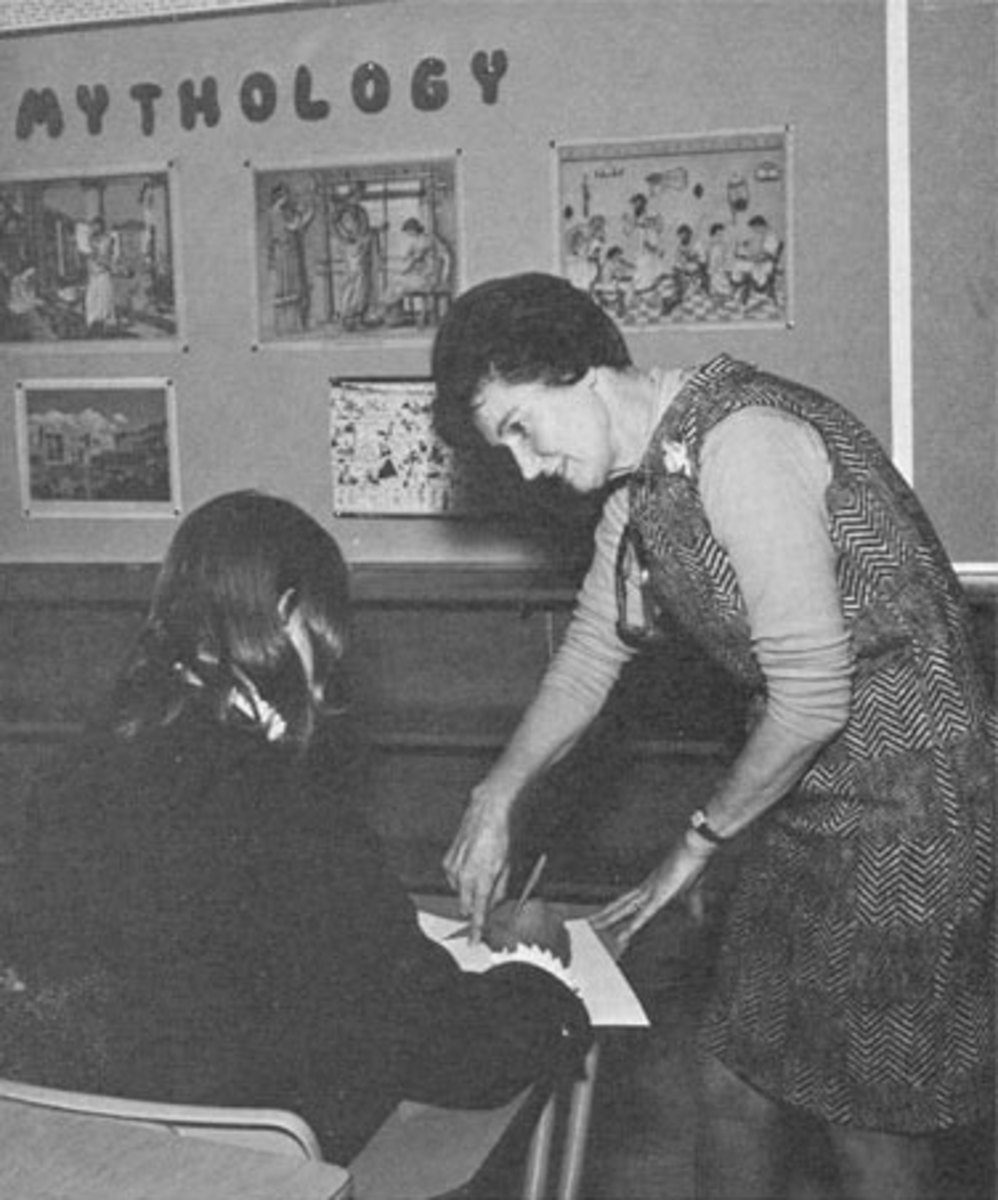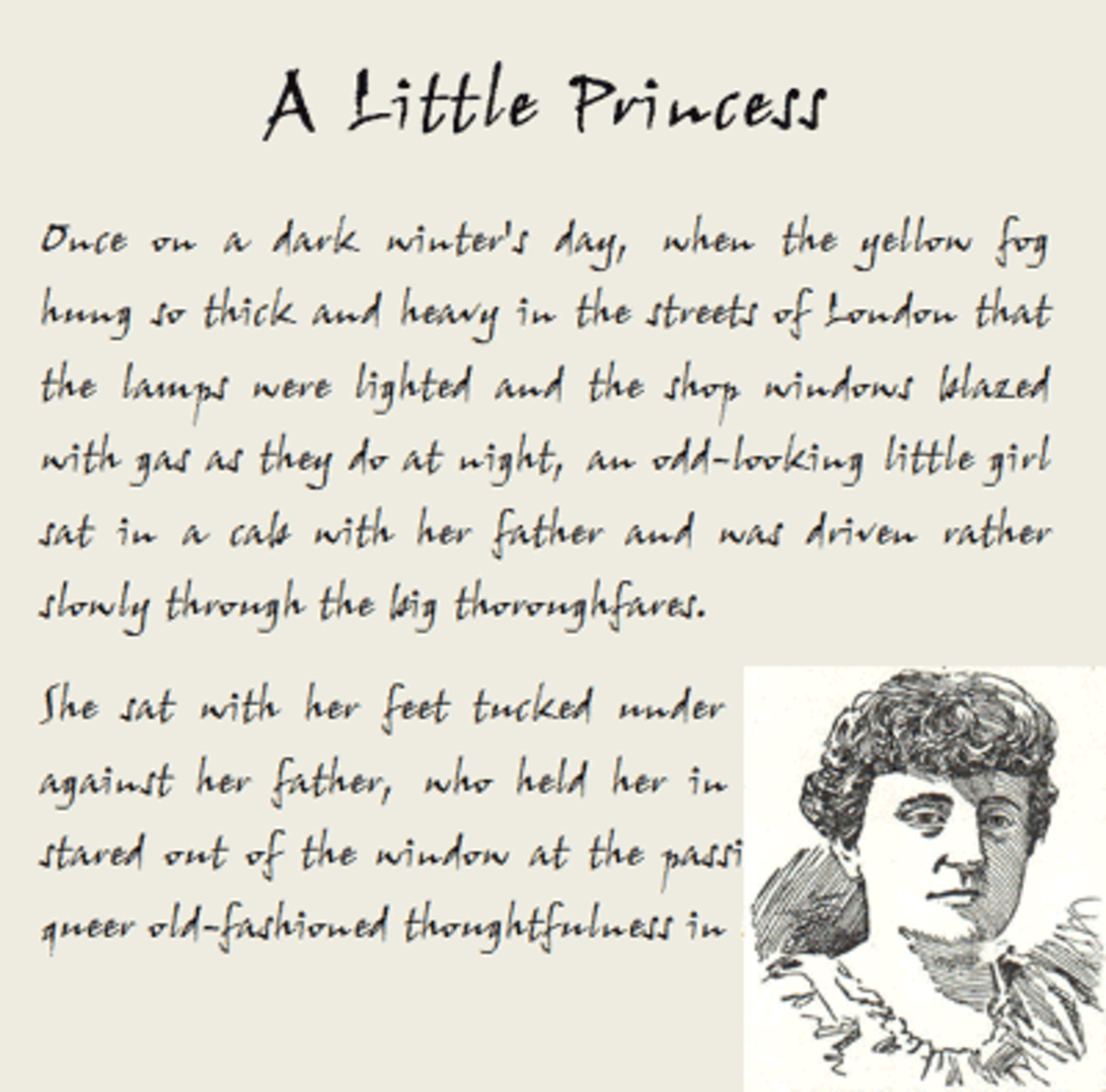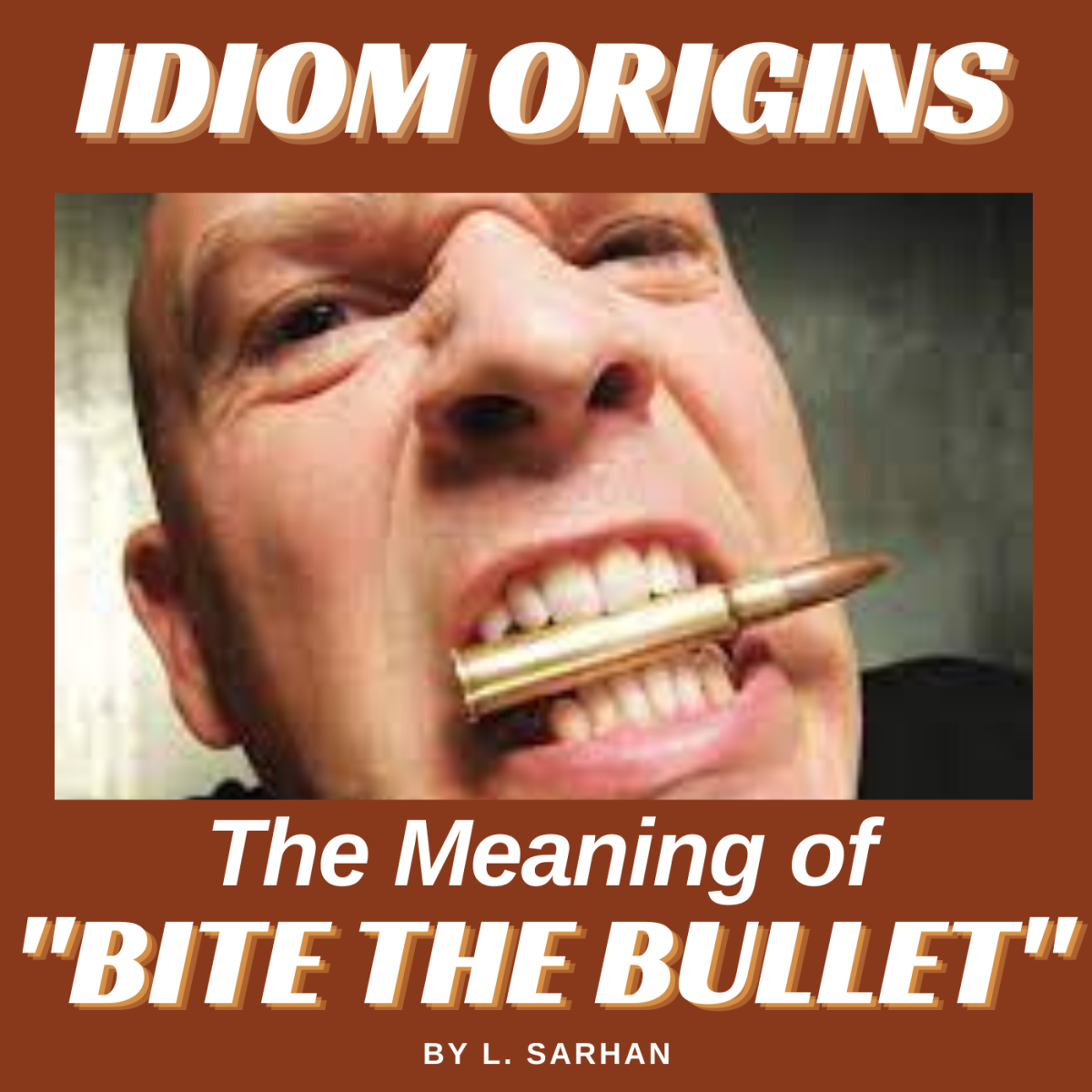Spelling and Grammar are Important Aspects of Great Hubs

Simple Problems with Some Hubs I've Read Recently
There have been some hubs I've read recently where simple problems with spelling, grammar or punctuation exist. Many times they are things that the author should be able to find easily especially if American English is their first language.
If American English or even British English is not your first language, I'd suggest asking for help in some way. From what I found recently, the only way to email you privately (to make suggestions on errors seen) is to become your fan. Then when checking out the hubbers activity there is an option at the top of that section to email that particular hubber. The only other suggestion I would make is to ask for help in the comment section of each hub.
Before changing your hub after receiving any suggestions, I would then suggest checking out those suggestions online with some of the many types of dictionaries to make sure the ideas suggested by others are spot-on.
Many times other authors have good intentions, but their ideas aren't necessarily any better than your own for things related to the mechanics of writing.
Am I an Expert in This Field?
I would not consider myself an expert in this field. I do not have any type of English or Writing Major in College and it's been a long time since I was in High School. I did take a course at the local College a couple of years ago, but although I was hoping I would learn better English Grammar, it taught about blogging.
I've been working for the past two years as a submission editor for a small press publishing house, I still have a lot to learn myself. I have always been an A speller, but I have found that as I've gotten older I need to check certain words out more than I needed to when I was younger.
Simple Things to Watch Keep in Mind
One aspect of writing that many people miss especially in the area of spelling words correctly is to watch for words underlined in red in the text module both here at hubpages and other places online that you can do some writing.
If you right click on a word underlined in red it will give you suggestions for a better spelling. Sometimes it just wants you to capitalize the word, other times you will see that you have your vowels mixed up or that you are missing a letter or two. Generally all you have to do is left click on the word suggested that you know to be the correct spelling and it will take the place of the wrong word you used.
If you find that it doesn't give you any solid suggestions to what you're intending to write, then that means you aren't anywhere close to the proper spelling. When that happens you need to do a bit of preliminary work to try to come up with some options for the actual spelling or something closer. It could be that you are missing a silent letter, of which there are many in the English language.
Another option is to go to Dictionary.com and put your word choice in their search box. You could get similar results there as well. It could give you suggestions for several words you might be intending, or it might not have any suggestions at all.
If you keep running into the scenario where no suggestions are given, then you could always put the phrase or sentence into the search engine that you use. Many times that can catch the word used incorrectly.
- Dictionary.com - Free Online English Dictionary
The world's most popular dictionary and thesaurus with definitions, synonyms, antonyms, idioms, word origins, quotes, audio pronunciations, example sentences and Word of the Day! Look up the meaning of words, slang, phrases, idioms, and abbreviation
Why Does All of This Matter?
If you want to be taken seriously as a writer and as a great hubber, you need to do your best to make sure your writing is everything it can be. You want good traffic and I'm sure you would like to have passive income for the future, all of this is dependent on how well you can write.
Ways to Improve Your Writing Ability
The easiest way for some would be to take some classes in American or British English. If money, time or transportation is an issue, then I'd suggest joining some writing sites. I've been a part of one since 2007 and it has helped my writing immensely. Had I not joined that site, I would not be working as an intern submission editor, nor would I have been able to proof my husband's book, nor would my writing be what it is today.
Another thing you can do is study online sources. There is much information about the proper use of commas. I did take a comma class which didn't cost me hardly any money at all, maybe about three dollars, on the writing site that I'm on, but the material taught can be found on the web if you take the time to search it out.
On the first link provided below this section is a good source for any thing related to writing that you need to know. It has many rules related to commas and other things as well. I highly recommend it to the novice writer as well as those that have been writing for years.
I will be sharing other tips on how to improve y/our writing and will provide links as much as possible for each of those ideas, but I've decided to provide these in separate hubs, so stay tuned for more hubs of mine along these lines.
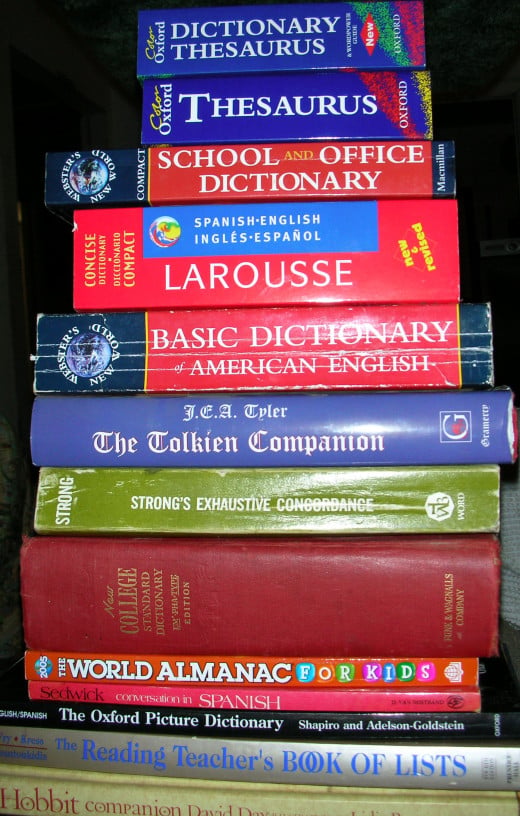
- Purdue OWL Search Page
The Online Writing Lab (OWL) at Purdue University houses writing resources and instructional material, and we provide these as a free service of the Writing Lab at Purdue. Students, members of the community, and users worldwide will find information
American English vs. British English
One thing for those that were not raised with English as their native language is to realize that there are some words that are spelled a bit differently between the two. Some of the more common ones are that British English uses the vowels 'ou' together in certain words, whereas, American English only uses the 'o'.
Some examples of this are:
color - American English and colour - British English
honor and honour
favor and favour and many more
Below you will find a hub showing the difference in certain words. The main thing is to be aware of who you are writing for and where you plan on placing or publishing your work. If you write more naturally using the British English words, I think it's a good idea to state this somewhere in your bio if no where else, so your readers give you the benefit of the doubt, and realize you know what you are doing.
- Differences Between American English and British English
British and American people in theory speak the same language. There are many trans-Atlantic differences, however, within the language which can cause confusion or even offence.
If Ever in Doubt Check This Link Out
There are several resources on the web for checking out grammar, spelling, similar words, homophones, figures of speech, punctuation and about anything you need to know about. This link I'm providing below can answer a lot of those questions you might have and more. You can even get a daily email with that day's post from the author of the site and her guest writers.
- Daily Writing Tips
Daily articles on grammar, spelling, misused words, punctuation, fiction writing, freelance writing and more!
In Summary
There are many aspects to making our writing and hubs the best they can be.
One of the best things to do is to read through your own hub before publishing it, in the preview mode. Then after publishing it, read it through again and make any necessary edits. When you are done read it through again. I know this seems like over-doing it, but would you rather find the mistakes if there are any yourself, or have them pointed out to you by others.
Now if the mechanics of writing isn't your forte, then that's about the only choice you have. But, you might still find some of the mistakes yourself by reading it first.
Edit When Needed
